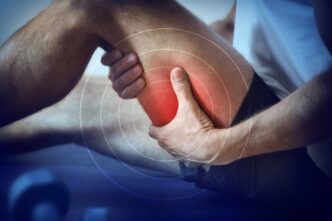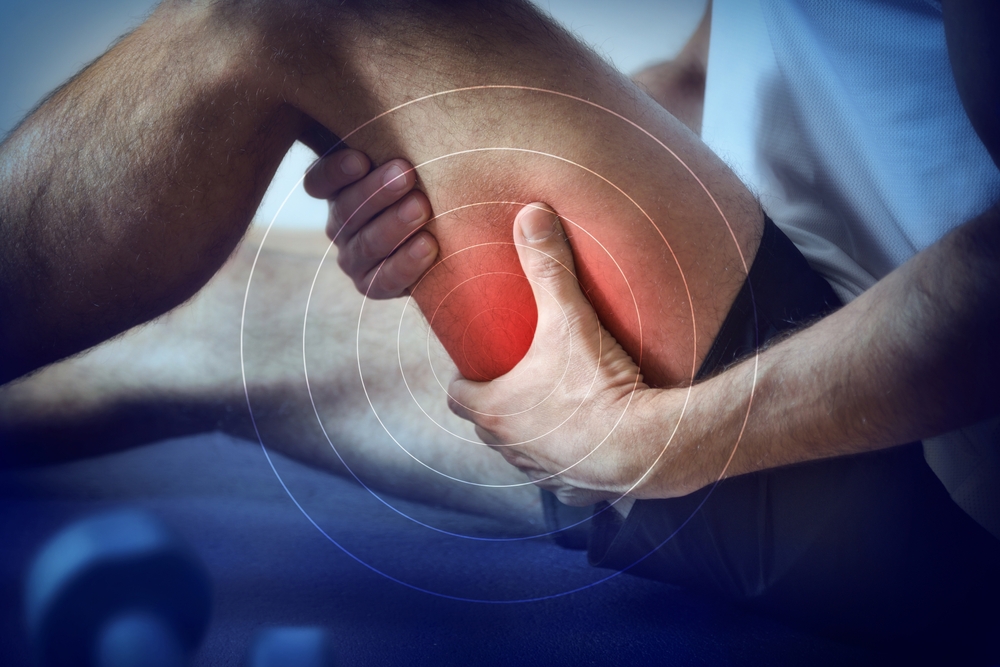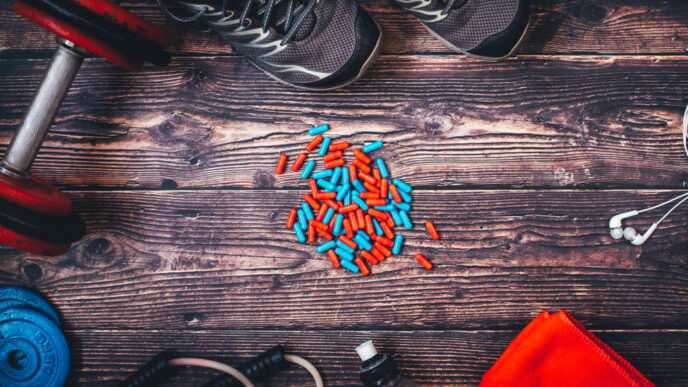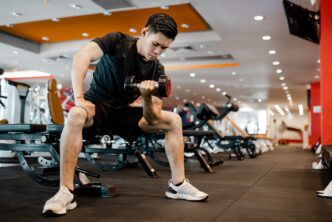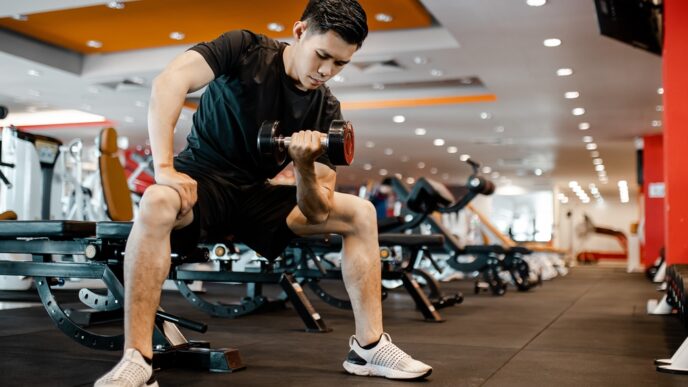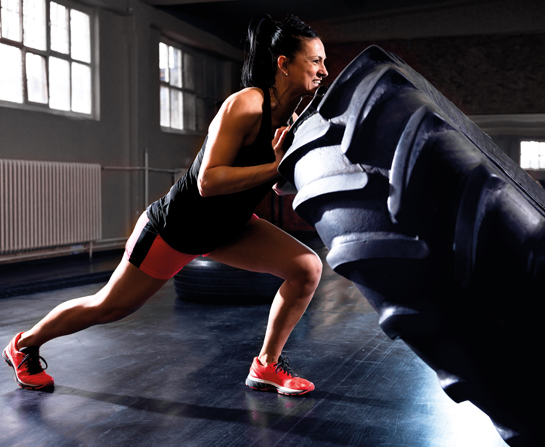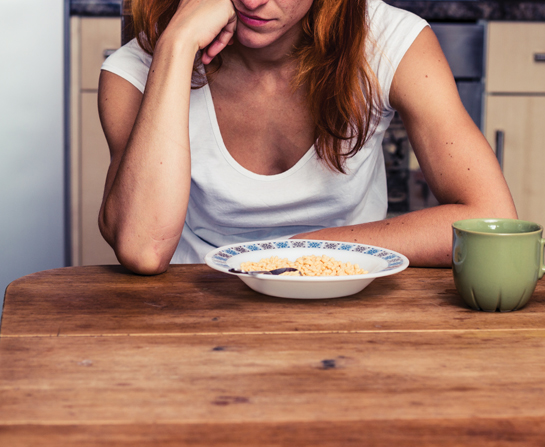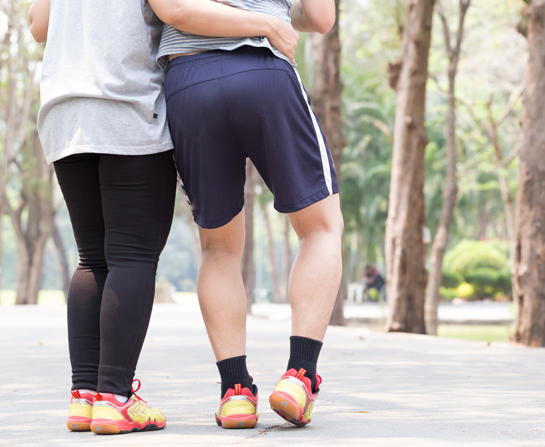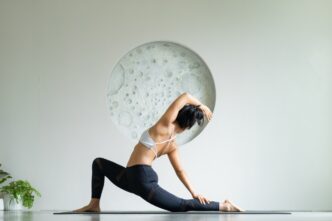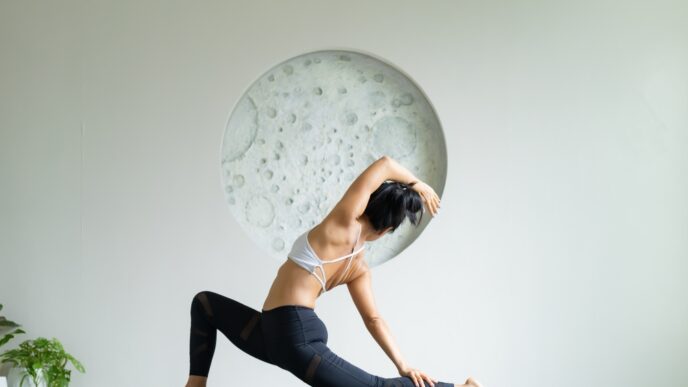A muscle cramp is a sudden, painful muscle spasm that can last from a few seconds to several minutes. Exercise-associated muscle cramps (EAMC) strike during or after physical activity, often without warning. So, why do they happen, how can you prevent them, and what should you do when one hits?
WORDS DR AU YONG PUI SAN
 FEATURED EXPERT FEATURED EXPERTDR AU YONG PUI SAN Sports Medicine Physician Hospital Tuanku Ja’afar |
For years, dehydration and electrolyte loss have been blamed for muscle cramps during exercise.
Sweating, heat, and not drinking enough water were said to lead to sodium, potassium, and magnesium loss, thus triggering cramps.
Becasuse of this, electrolyte drinks and supplements boomed in popularity, especially among endurance athletes.
But the science tells a more complicated story.
THE ELECTROLYTE DRINK MYTH
While some athletes swear by electrolyte drinks, others find them completely useless. Research backs the skeptics.
Most studies show little to no effect of electrolyte supplements on preventing or reducing exercise-associated muscle cramps (EAMC).
- Sodium is the most common electrolyte supplemented, yet recent studies show no clear link between EAMC and sodium levels or intake.
- In fact, drinking too much water too quickly, especially during long endurance events, can dilute blood sodium levels and lead to exercise-associated hyponatraemia, a dangerous condition first described in the 1980s.
- Current guidelines recommend drinking according to thirst, not ahead of it.
| A closer look at sports drink labels also reveals that the electrolyte content is often negligible. The main ingredient is sugar. |
HOW ABOUT STRETCHING?
One of the most common responses to a cramp is to stretch the affected muscle.
Anyone who has tried it mid-cramp knows it is excruciating but physiologically, it is sound advice.
Here is why.
- Our muscles contain two key sensors: muscle spindles and Golgi tendon organs (GTOs).
- Muscle spindles detect stretch and act as a safeguard against overstretching, while GTOs respond to excessive contraction.
- During a cramp, the GTO sends a signal to the brain to relax the muscle.
- Stretching helps activate this reflex, bringing relief.
So yes, despite the pain, stretching works!
CAN WE BLAME CRAMPS ON OUR NERVES?
In recent years, researchers have shifted focus toward the altered neuromuscular control theory.
This theory suggests that cramps arise from miscommunication between the brain, nerves, and muscles — especially when muscles are fatigued, poorly conditioned, or recovering from injury.
In my experience treating athletes, most people who suffer from EAMC have one or more of the following issues:
- Poor muscle conditioning. Weak muscles fatigue quickly and are more prone to cramping.
- Lack of sport-specific training. Muscles unprepared for the specific demands of an activity are more likely to seize up.
- Overtraining or insufficient recovery. Damaged or tired muscles cramp more easily.
SO, WHAT HELPS IN PREVENTING CRAMPS?
There is no miracle fix, but some things do work.
- Train properly. If you sign up for a race, prepare for it with the right mileage and intensity.
- Stretch regularly. Make it part of your training. During activity, stop and stretch if a cramp threatens to hit.
- Rest as hard as you train. Recovery is not optional!
- Hydrate wisely. Drink to thirst — not too little, not too much.
- Supplement. If electrolyte drinks have worked for you, there is no harm in continuing. Just do not expect miracles backed by science.
| Pickle juice has made its way into sports nutrition circles as a potential cramp-stopper. How does it work? No one is entirely sure. The leading theory is that the vinegar triggers a reflex in the back of the throat that disrupts the nerve misfires causing cramps.
There is no hard proof, but anecdotally, it helps some people. It is cheap, safe, and worth trying. Other vinegar-based liquids like apple cider vinegar, kombucha, or kimchi juice might offer the same effect. For the record: I take diluted apple cider vinegar before and during my long runs. It works for me! |
| This article is part of our series on tips and advice for leading a healthy lifestyle. |

